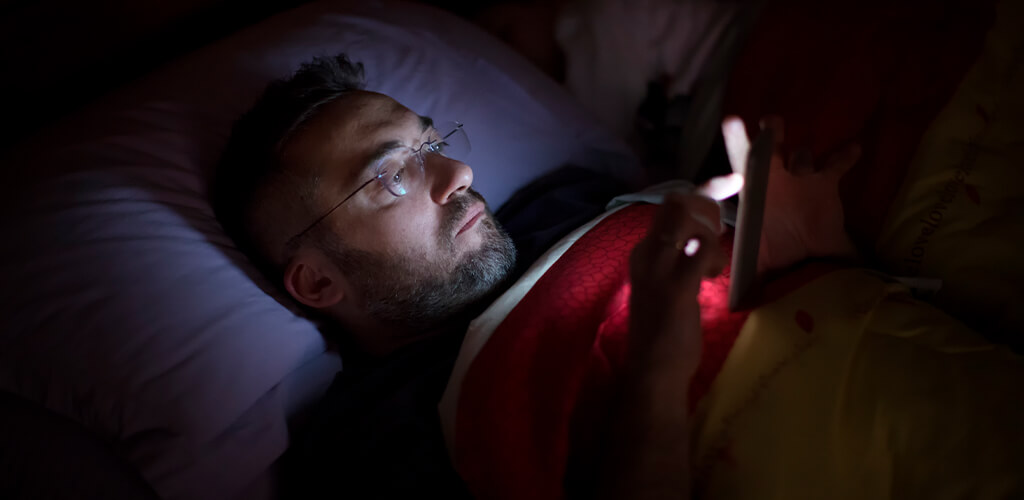Circadian Rhythms: Understanding What Makes Us Tick

When you think about your sleep habits, you likely consider yourself either a night owl or an early bird. While it varies from person to person, sleep patterns usually fall within these two types.
But have you ever wondered why you fall naturally into one or the other? Turns out it has to do with your “chronotype,” or personal circadian rhythm.
According to the National Institutes of Health (NIH), circadian rhythms are physical, mental, and behavioral changes that follow a daily cycle, and regulate many of our bodies’ primary functions including eating, sleeping, body temperature and hormone production. These natural daily rhythms are synchronized with the sun. A “master clock” in the brain receives direct input from the eyes and coordinates all the biological clocks in the body. When our body clocks are out of sync, it can lead to health problems, such as diabetes, obesity, and depression.
Unlike past generations where direct exposure to sunlight was a part of daily life, we are spending more time indoors at work, school or at the gym; separating ourselves from receiving the important cues we need to keep our body clocks in balance.
When we come home at night and turn on bright lights, this again interferes with the body’s natural cycle. Bright lights during the evening and night tend to push the biological clocks later than normal.

Even small changes, like the following, can upset your circadian rhythms and negatively impact your health:
- Too much or not enough sleep: Your body clock works best when you stick to a schedule. Ideally, this means going to sleep and waking up within a half hour of the same time each day, even on weekends.
- Traveling through time zones: Jet lag is the result of your body clock trying to function on the time it is at home. The more time zones you pass through, the more off you may feel. Your body clock will eventually reset to your new time zone, but it can take a few days.
- Artificial light: Light signals your brain that it’s time to be up and alert. The blue light from your TV, tablet or smartphone all have this effect, as do other artificial lights in stores, hotels and your home.
Experts recommend taking the time to learn more about your individual body clock, and paying close attention in order to keep it in balance.
Here are some simple steps you can take to help your inner clock stay on track:
- Get outside and soak up sunshine early in the day.
- Take your workout outdoors, if possible. If you’re indoors, exercise near windows.
- Turn up the lights during the daytime. Reduce lighting closer to bedtime.
- Stick to a regular sleep schedule every day of the week.
- Exercise daily, but not within two hours of bedtime.
- Avoid heavy meals two to three hours before bedtime.
- Avoid caffeine, nicotine, and alcohol late in the day.
- Limit the use of electronics with bright screens before bedtime.
- Sleep in a dark, quiet, and comfortable place.
You may also like
5 Ways to Get a Better Night's Sleep































